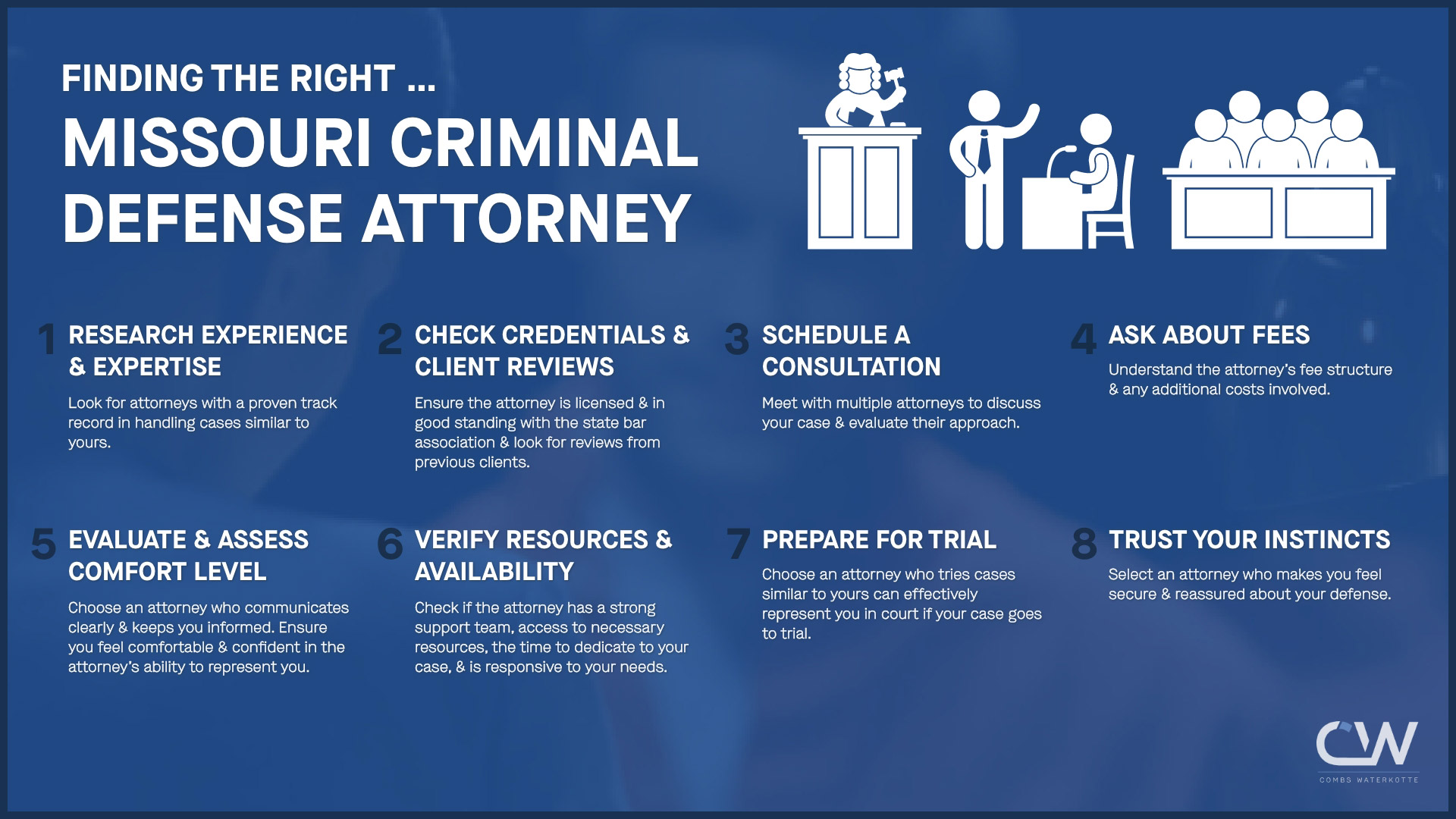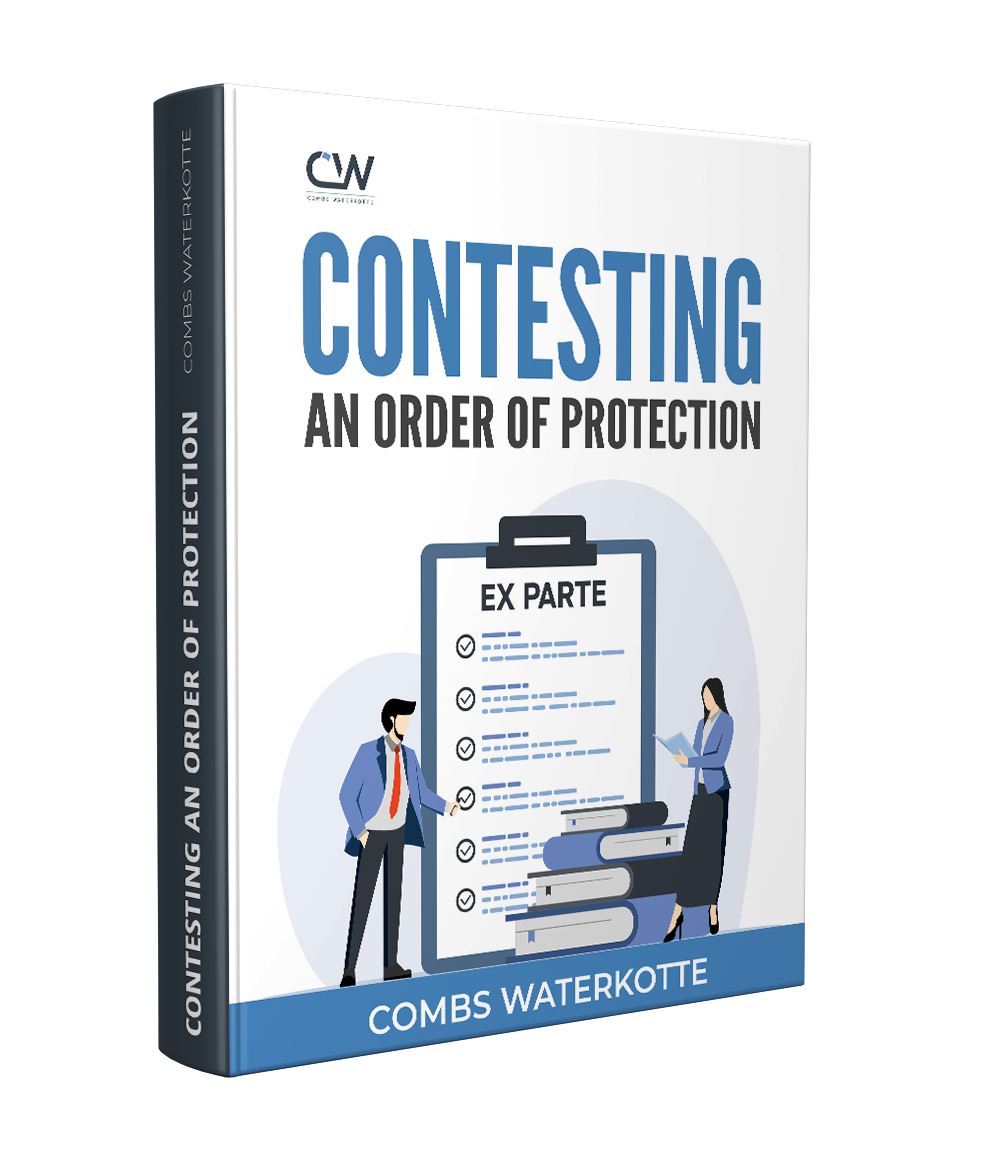Additional Links

Charges of Receiving Stolen Property and the Sale of Stolen Goods in St. Louis
The original crime of larceny, commonly called theft, only involved the taking and carrying away of someone else’s property. In most states, stealing remains separate from disposing of stolen property.
However, Missouri has merged these two offenses. Importantly, this means that the punishment for “fencing” stolen goods varies according to the nature and value of the goods and how they were taken.
Missouri Revised Statutes Covering the Sale of Stolen Goods and Receiving Stolen Property
The Missouri Revised Statutes codify offenses involving receiving and selling stolen property in its chapter on robbery, stealing, and related offenses. The following statutes could cover acts involving stolen property and services by people who were not involved in the original theft:
Stealing
Missouri combines theft and the subsequent disposition of stolen property by defining fencing as a form of stealing. To commit stealing by receiving or selling stolen property, the accused must “receive, retain, or dispose” of someone else’s property.
The accused must also know or believe the property was stolen. Moreover, their purpose must be to deprive the owner of lawful ownership or possession.
Stealing can happen in three ways:
- Taking it from the lawful possessor without consent
- Coercing the lawful possessor to surrender it
- Deceiving the lawful possessor into giving it
Moreover, the goal of the theft must be to deprive the lawful possessor of the property. The statutes define “deprive” as permanently withholding the property from the owner, holding the property until the owner pays a ransom or reward, or disposing of the property in a way that makes recovery unlikely.
Some examples of ways you might face stealing charges even though you did not commit the original theft include:
- You knowingly allowed someone to store stolen property in your garage
- You sold property for the thief, whether you kept part of the sale revenue or not
- You participated in a scheme to steal property that you returned for a reward
- You received property known to be stolen and gave it away to the poor
- You worked with the thief to destroy property you knew to be stolen
Thus, while receiving or selling stolen property broadly describes these offenses, such terms encompass more than the typical role of a fence.
Stealing Leased or Rented Property in St. Louis
Stealing leased or rented property is a crime in Missouri. If you receive property that you know or believe to be stolen while on a lease or rental contract, you commit stealing under the state’s theft statute.
The stealing leased or rented property statute outlines an additional way you can face stealing charges without committing the underlying theft, though. You also violate Missouri law by aiding or abetting the concealment of the property from the owner. This means you might commit this offense if you, for example, allow a friend to hide a rented clothes dryer in your garage.
Altering or Removing Item Numbers in St. Louis
Many products have serial numbers to aid investigators in identifying and recovering stolen property. As a result, Missouri law prohibits all of the following:
- Destroying or altering the manufacturer’s serial number
- Selling property with altered or destroyed serial numbers
- Buying or accepting an item as security for a loan without serial numbers
Under these laws, you can be charged for defacing a serial number, as well as for selling property that someone else defaced.
Defacing a Firearm in St. Louis
You can be left with gun charges if you deface a firearm — and Missouri’s law against defacing firearms is not limited to stolen guns, either. But you might see additional charges of removing or altering item numbers and receiving or selling stolen property if you deface the serial number on a gun you know to be stolen.

Possible Defenses Against Charges for the Sale of Stolen Goods or Receiving Stolen Property in St. Louis, MO
You may have several defenses against your charges, depending on the facts of your case. Some possible criminal defense strategies your lawyer can use include:
Lack of Knowledge and Intent
Prosecutors must prove two key factors to convict you of stealing. First, they must show that you knew or believed the property was stolen. So if there was no reasonable ground for you to think the property was stolen, you could argue that you had no duty to dig further to try to find the property’s origin.
Second, prosecutors must show that you intended to deprive the owner of the property. You can defend yourself by showing you lacked this intent.
For instance, suppose that your friend wants you to sell a bicycle for them. You recognize the bicycle as stolen from a neighbor. You agree to sell it, but return it to the rightful owner. Your lawyer can defend you by showing you never intended to keep it.
Claim of Right
A claim of right defense means that you had an honest belief that you either had the right to do what you did or you believed the owner would have consented to what you did.
For example, imagine that you repossessed a car and sold it. If the borrower switched license plates to deceive you into taking the wrong car, you might have a claim-of-right defense against theft charges for your honest mistake.
Entrapment
Entrapment occurs when the police induce you into doing something you would not have otherwise done. For example, suppose that you own a pawn shop. You have a clean record for receiving or selling stolen property because you always check the serial numbers.
An undercover officer comes to you with a gun with a visible but scratched serial number and asks to pawn it. After you refuse, the officer begs you to buy it because he needs money to pay for his mother’s cancer treatment.
The serial number comes back clean, and you buy the gun to destroy it. If you get arrested for possessing a defaced firearm, you might have a defense of entrapment.
Illegal Search
To find and identify stolen property, the government usually needs to conduct a search. Under the Fourth Amendment to the U.S. Constitution, you have the right against unreasonable searches and seizures.
You can consent to a search, but without your consent, the government must obtain a search warrant — or prove that extraordinary circumstances prevented them from obtaining one — plus probable cause to believe a crime had been committed. If the evidence against you was recovered in an illegal search, the court may suppress it and the prosecution might have to build its case without it.

































